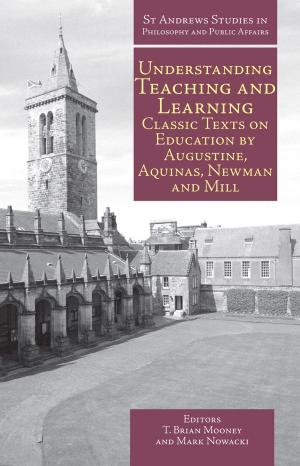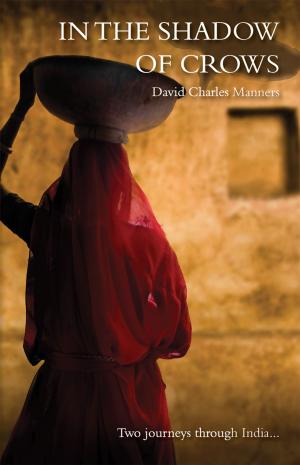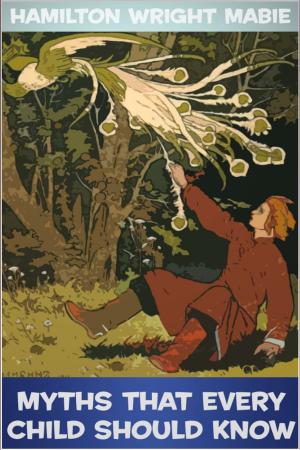Scottish Philosophical Theology
Nonfiction, Religion & Spirituality, Philosophy, Religious, Theology| Author: | David Fergusson | ISBN: | 9781845404482 |
| Publisher: | Andrews UK | Publication: | October 5, 2012 |
| Imprint: | Imprint Academic | Language: | English |
| Author: | David Fergusson |
| ISBN: | 9781845404482 |
| Publisher: | Andrews UK |
| Publication: | October 5, 2012 |
| Imprint: | Imprint Academic |
| Language: | English |
This volume concentrates on the period from the beginning of the 18th century to the latter part of the 20th. It is impossible to depict a single school of philosophical theology in Scotland across three centuries, yet several strains have been identified that suggest some recurrent themes or intellectual habits. These include the following: the mutually beneficial cross-fertilisation of the disciplines of philosophy and theology; the tendency to eschew powerful philosophical systems that might threaten to imprison theological ideas; a stress on both the providential limitations and reliability of human reason; a suspicion of reductive theories of a materialist inclination; and a determination to inspect critically the proposals of theology and to place these in positive relation to other disciplines.
This volume concentrates on the period from the beginning of the 18th century to the latter part of the 20th. It is impossible to depict a single school of philosophical theology in Scotland across three centuries, yet several strains have been identified that suggest some recurrent themes or intellectual habits. These include the following: the mutually beneficial cross-fertilisation of the disciplines of philosophy and theology; the tendency to eschew powerful philosophical systems that might threaten to imprison theological ideas; a stress on both the providential limitations and reliability of human reason; a suspicion of reductive theories of a materialist inclination; and a determination to inspect critically the proposals of theology and to place these in positive relation to other disciplines.















